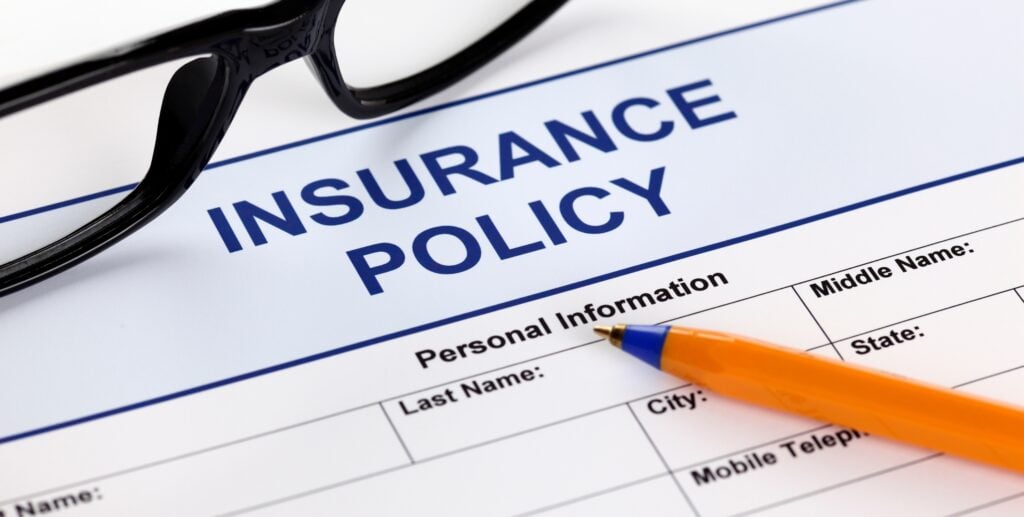Title: The 3 Most Common Landlord Insurance Claims and How to Prevent Them
As a landlord, protecting your investment property is crucial for ensuring continuous income and long-term growth. Landlord insurance is an essential safety net that shields property owners from unexpected losses. While having the right insurance policy in place provides peace of mind, preventing issues from arising in the first place is even better. Here are the three most common landlord insurance claims and how you can prevent them.
1. Water Damage
Water damage is one of the most frequent and costly claims landlords face. Leaky pipes, overflowing bathtubs, and faulty appliances can lead to significant destruction, including mildew and mold growth, which can further escalate repair costs and cause health concerns for tenants.
Prevention Tips:
Regular Maintenance: Conduct routine inspections of all plumbing systems, including pipes, fixtures, and appliances. Look for signs of wear and tear, and address any potential issues immediately.
Install Water Detection Devices: Water sensors can be strategically placed near appliances, water heaters, and sump pumps to alert you of leaks or flooding.
Educate Tenants: Provide tenants with guidelines on how to avoid clogs and what actions to take in the event of a leak. Encourage them to report plumbing issues promptly.
2. Fire Damage
Fire damage can result from various sources, such as faulty wiring, unattended cooking, or heating equipment malfunctions. This type of claim can be particularly devastating, not only causing property damage but also putting tenants’ lives at risk.
Prevention Tips:
Smoke Detectors: Ensure smoke detectors are installed in every room and common area. Test and replace batteries regularly, and upgrade to models with built-in carbon monoxide detectors.
Electrical Inspections: Hire a licensed electrician to inspect the property’s wiring periodically. Make sure any electrical work is performed by qualified professionals to prevent potential hazards.
Tenant Education: Offer fire safety guidelines to tenants, including safe cooking practices and the importance of not overloading electrical outlets.
3. Loss of Rental Income
Loss of rental income claims arise when landlords are unable to rent out a property due to necessary repairs or tenant defaults. This can severely impact cash flow, especially if the property is vacant for extended periods.
Prevention Tips:
Thorough Tenant Screening: Implement a robust screening process to select responsible and financially stable tenants. Check credit scores, rental histories, and references to minimize the risk of defaults.
Regular Property Inspections: By scheduling regular inspections, you can identify and resolve maintenance issues before they become serious problems, reducing vacancy time after a tenant leaves.
Maintain a Cash Reserve: Set aside funds to cover mortgage payments and other expenses during rent loss periods, ensuring your financial stability while the property is being repaired or re-rented.
Conclusion
While landlord insurance is an essential tool for mitigating unexpected losses, proactive measures can significantly reduce the likelihood of needing to file a claim. Regular maintenance, effective tenant communication, and comprehensive planning can help safeguard your investment property against common issues, ultimately protecting your bottom line. Being proactive not only enhances the property’s longevity but also fosters a better relationship with tenants, who will appreciate a well-maintained and secure living environment.

